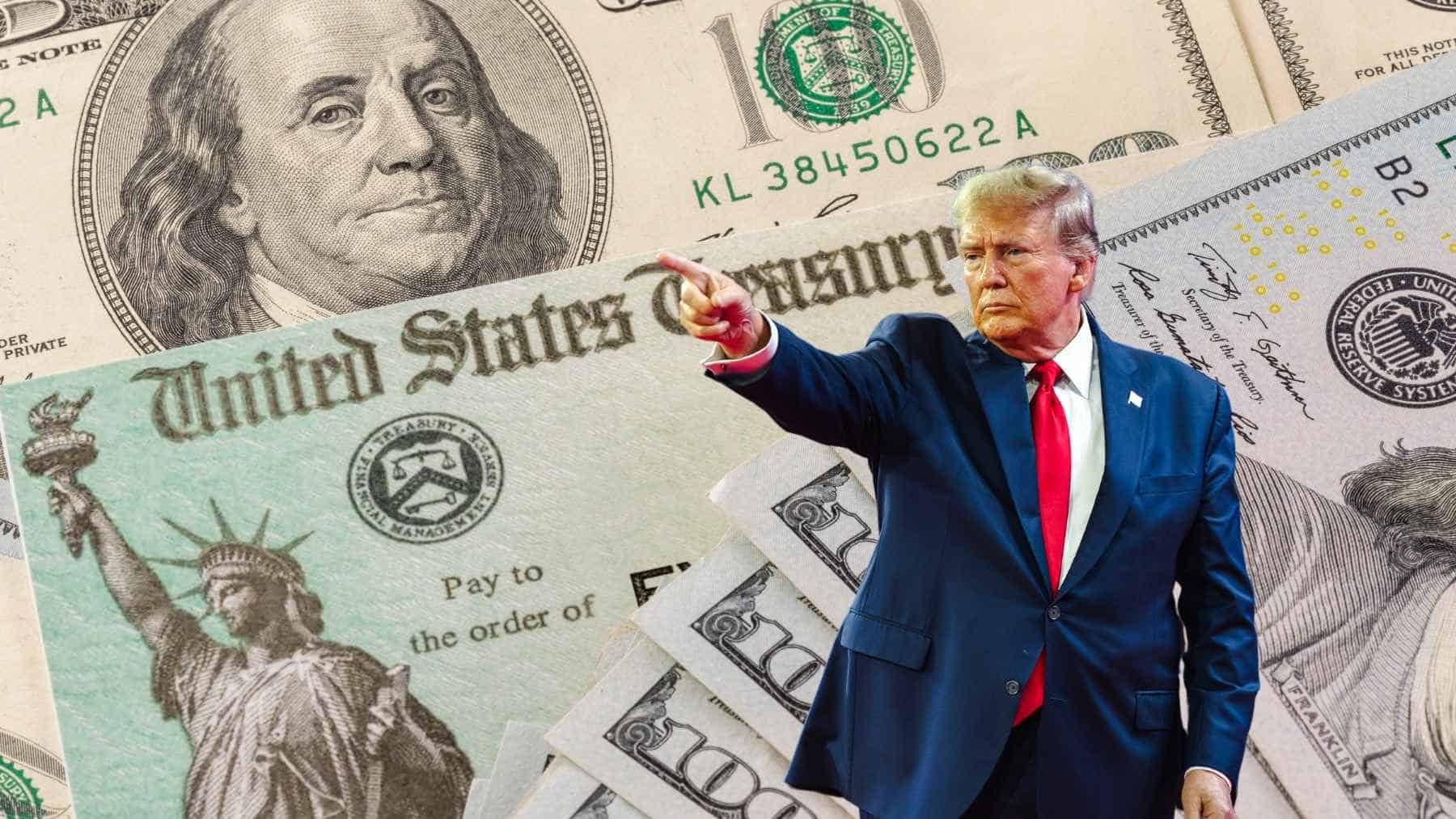For many years, 401(k) retirement accounts have been funded with traditional investments. However, this may soon change. One week ago, President Trump signed an executive order pushing for 401(k) retirement plans to be inclusive of private equity and his administration is moving fast to execute this plan. From the Labor Department to the Council of Economic Advisors, federal agencies have swiftly pushed forward arguments, data and timelines that could change how Americans save for retirement.
This might sound like an exciting opportunity to increase returns, but it also raises serious questions about fees and risk.
What’s Changing?
The U.S. Department of Labor (DOL) has recently changed its stance of private equity in retirement accounts. Under the Trump administration, the DOL was cautious regarding these investments. At firs the Biden administration was sceptical but has now pushed the process to make private equity more accessible to retirees.
New rules that could dictate how these investments are marketed, what disclosures are necessary, and how much risk is considered acceptable within a retirement plan are also anticipated from the Securities and Exchange Commission (SEC).
What Exactly Is Private Equity?
Private equity refers to investing in businesses that are not listed on stock exchange. Private equity firms usually invest in smaller companies rather than purchasing stock in well-known companies.
Why Add It to Retirement Accounts?
For many years, 401(k) plans have been focused on common investments such as mutual funds, index funds or bonds. Introducing private equity into would be a significant change, this would open up access to a type of investing that has usually been set for wealthy citizens. In other words, mixing traditional investments with private equity could spread risk and boost growth potential.
Many supporters want retirees to have the chance to access the same kinds of investments that wealthy individuals have enjoyed for many years.
Critics, however, warn of steep fees, illiquidity, and risks that many workers may not fully understand.
Economic Advisors Make Their Case
Also on Tuesday, the White House Council of Economic Advisors (CEA) released a detailed 31-slide presentation discussing why private equity in 401(k)s could be beneficial.
The report argues that the benefits wouldn’t just flow to investors and private equity managers, but also to the broader economy by increasing capital available for businesses, increasing job growth, and encouraging innovation.
The Risks You Should Know About
Even though there is a significant positive side, private equity also comes with some big downsides:
- Higher Fees: Private equity funds are way more expensive than index funds or mutual funds.
- Illiquidity: Unlike stocks you can sell in minutes, private equity often requires your money to stay put for 7–10 years.
- Complexity: Private equity funds are complicated and less regulated. Many investors may not fully understand where their money is going.
- Risk of Losses: Higher risk can mean higher returns, but it also means a greater chance of losing money.
What Regulators Are Debating
The SEC and DOL are now trying to figure out with how to balance opportunity and protection. Key questions include:
- To what extent should retirement savers be informed before investing in private equity?
- Should there be limits on how much of a 401(k) can be invested in these funds?
- Who makes sure plan managers act in workers best interests?
What This Means for Everyday Savers
President Trump’s executive order has swiftly changed the idea on retirement savings. Private equity could play a larger role in the 401(k) system and potentially bring opportunities and risks to millions of workers.
You won’t likely be compelled to make investments in 401(k) plans if private equity does enter the market. Rather, it would probably show up as a choice.

